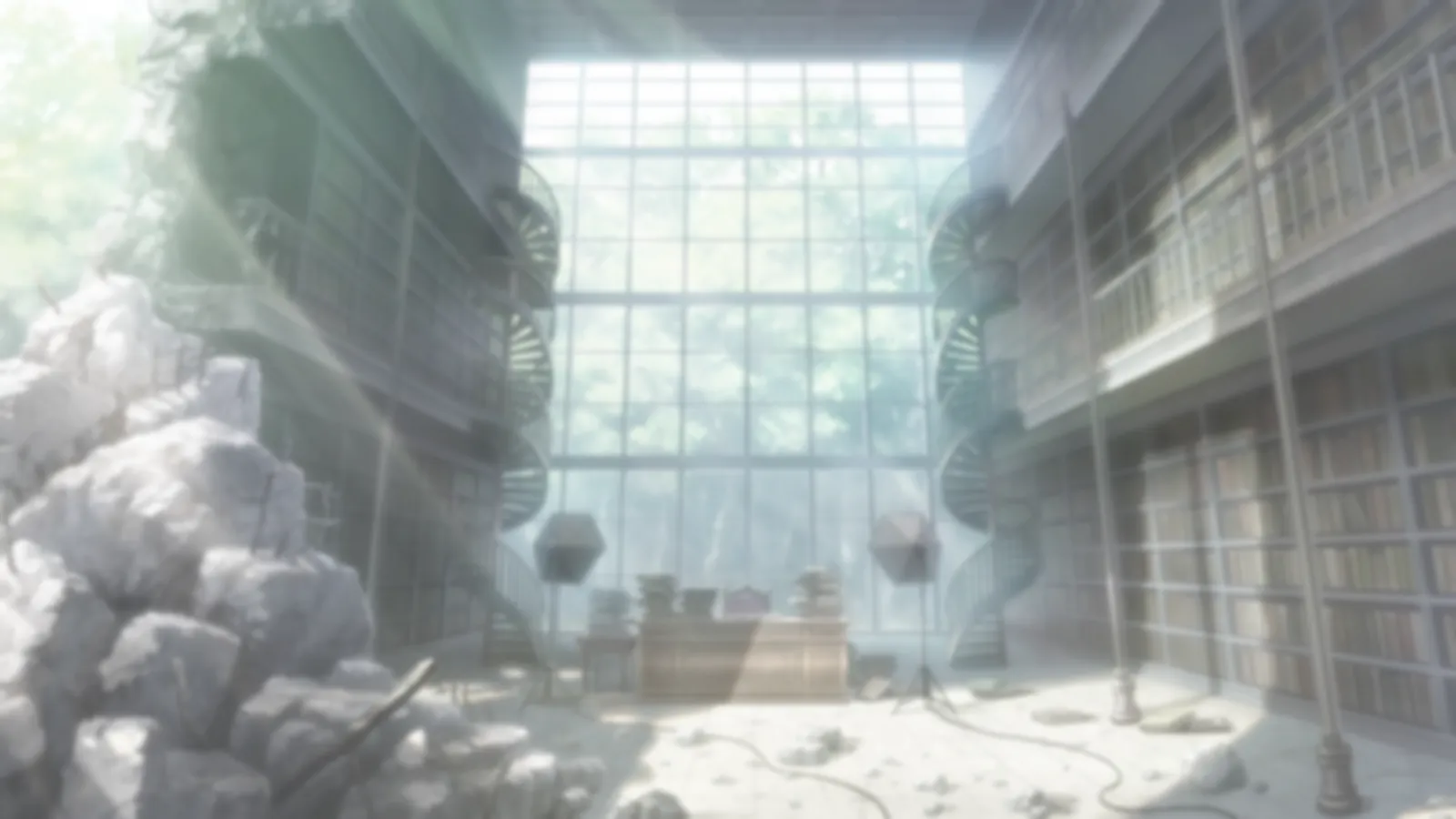TataeLost

Mentioned Characters: Suwako
Story
"So, a blue-and-white god has encroached upon my domain after fleeing from their home in the central lands? I should give them a proper welcome."
Everyone has had that time in their youth when they were less wise and more reckless... even gods.
Suwako Moriya is the ruler of the old gods who resided in the bountiful land surrounding the Suwa Sea in a time before recorded history.
Interesting. There must be a reason your hair is that color...
The Old Mythos
Broadly speaking, Shinto mythology has two types of gods: the Amatsukami and the Kunitsukami. The Amatsukami can be thought of as the gods who reside up in Takamagahara, and the Kunitsukami are the gods who reside on Earth. However, Amatsukami is also a term used to describe gods worshipped by the powerful clans and imperial family presiding over the central region of what was later to become Japan, whereas the Kunitsukami were the gods worshipped by the provincial people they subjugated. That said, the distinction between the two can be somewhat vague, like in the case of the god Susanoo. It is up for debate whether he still counts as an Amatsukami or if he became a Kunitsukami when he was cast out of Takamagahara.
Lady Suwako would be a Kunitsukami if you define them as gods of subjugated peoples. In fact, there were a lot of Kunitsukami, like Lady Suwako, who assisted in the transfer of faith in native gods to faith in gods from the central lands. However, it would be wrong to assume that Amatsukami were the only gods worshipped in the central lands.
The Amatsukami, Takemikazuchi, also known as Kashima, had a famous duel against the Kunitsukami, Takeminakata, also known as Suwa. This occurred during the age when the nation was founded, and it was in itself an act of subjugation. Takeminakata lost the duel and fled to the land of Suwa in Shinano.
Mishihase Gods
Some scholars believe the Amatsukami-Kunitsukami relationship is indicative of the hidden power struggles over the central region of Japan that were never recorded in the annals of history, such as the transition from the Yamatai Kingdom to the Yamatai Kingship, the relationship between the Jomon and the Yayoi people, and the relationship between the indigenous people and the ancient settlers from China and Korea. All these things and more attributed to how the nation came to be, so it is difficult to ascertain what directly led to the distinction between Amatsukami and Kunitsukami. However, it's clear that it wasn't simply the case of Amatsukami vs. Kunitsukami, where people exclusively worshipped one group of gods over the other. The people's views toward the different types of gods varied depending on their physical distance from the center of Japan.
The word "shukushin" has multiple meanings. It can refer to ancestor gods, elderly people who have ascended to godhood, or simply ancient gods. Another word for shukushin is "okina," which makes one think of the Matara god. Also, "shukushin" is a different pronunciation of Mishihase, the indigenous people of Hokkaido whom the powerful clans and imperial family sought to subjugate. In other words, shukushin seem awfully similar to native gods worshipped in Japan's non-central regions, particularly those that were never mentioned as Kunitsukami in the Kojiki or the Nihon Shoki (ancient Shinto texts).
Hidden Records of Gods
Some gods left no archeological evidence and were never recorded in the Kojiki, the Nihon Shoki, or the Fudoki (ancient reports on provincial culture and traditions presented to the imperial court). However, traces of their existence can be found in the DNA of humans and in the nature and distribution of intangible cultural properties. All this information speaks more than a simple text for those who can listen. Research into these gods has led to many new theories, with only more to come in the future.
Though we like to lump the indigenous people of Japan into a single group, there would always be more people who they themselves would consider indigenous. When people crossed the sea to Japan, they assimilated either through war or peace with those who came before them. And this cycle was repeated with each new ship that crossed. It was like a tower of history in a perpetual state of collapsing and being rebuilt. And amongst all this chaos, a select few humans found some kind of power over the others. Perhaps I was one of them. That might be how I became a nameless god.
■■■
Undeciphered Text
Jing
■r■■
Legend of Xu Fu
■■ and ■■
The Silk Road
■ Dynasty
Nomads
Legend of Xu Fu
Endless Supply of Gold
Jing
Half Moon
Undeciphered Text
The Hourai Elixir
Jing
■r■■
The Silk Road
The Silk Road
Adolescent Illusion of Invulnerability
Moratorium
End of Message


